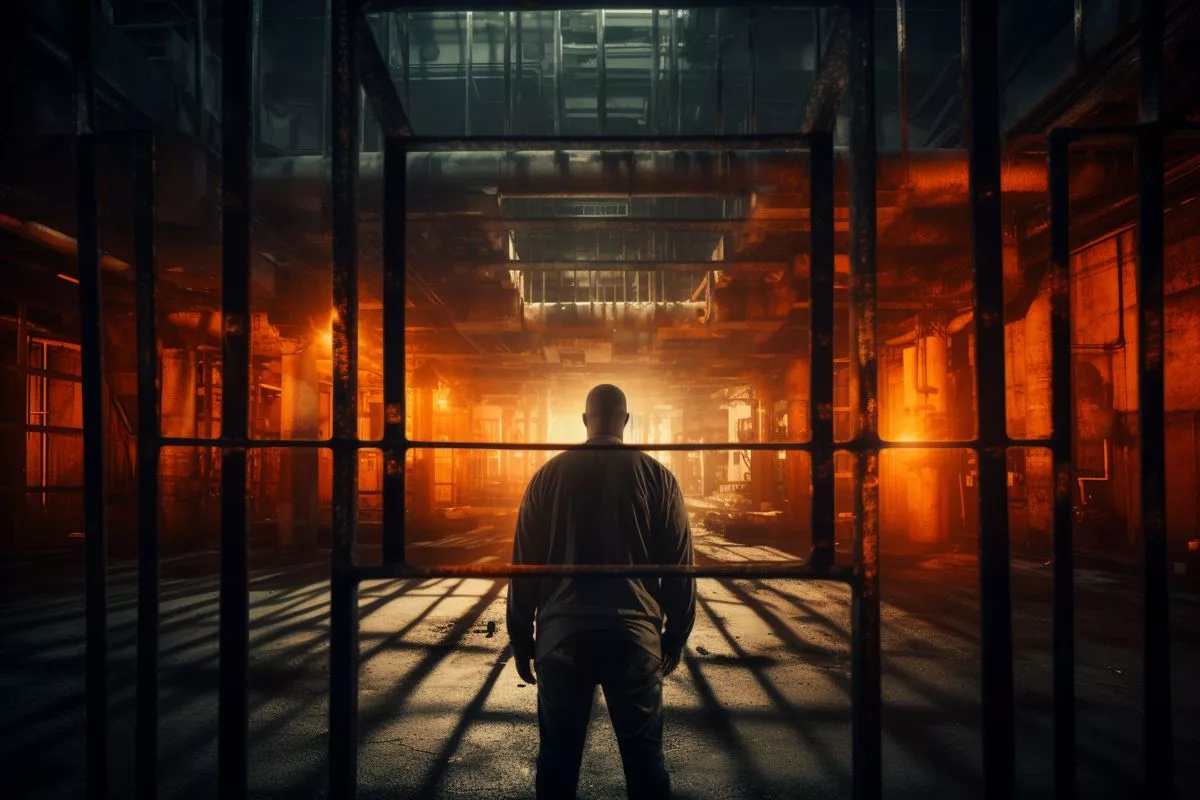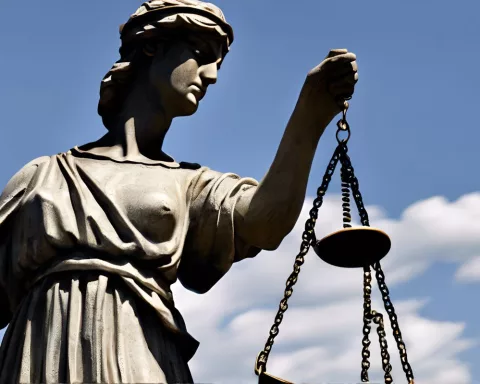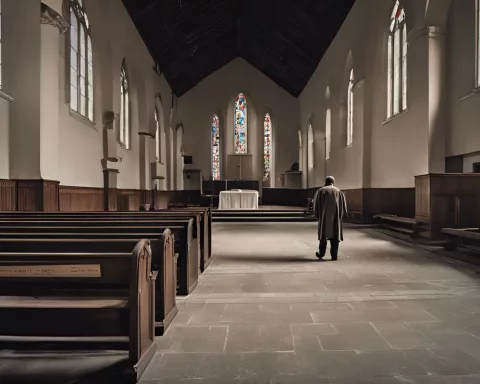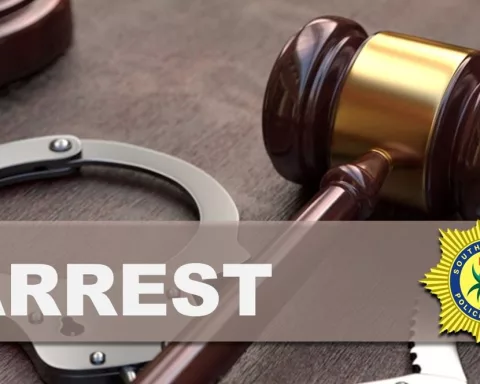Oscar Pistorius is up for parole after serving half of his 13-year and five-month sentence for the murder of his girlfriend, Reeva Steenkamp. The Correctional Service Parole Board (CSPB) will hold the parole hearing and review professional evaluations, with Pistorius and the victim’s family having the opportunity to argue their cases. If granted, Pistorius must adhere to strict parole rules, with severe consequences for any infringement. The hearing takes place on November 24th at Atteridgeville Prison in Pretoria, where Pistorius has served most of his sentence.
The Long-Awaited Parole Hearing for Oscar Pistorius: What You Need to Know
The Correctional Service Parole Board (CSPB) will lead the parole hearing process for Oscar Pistorius, who is eligible for parole after serving half of his 13-year and five-month sentence for the murder of his girlfriend, Reeva Steenkamp. The hearing involves a comprehensive review of professional evaluations and a platform for Pistorius and the victim’s family to argue their case. If granted, Pistorius must adhere to strict parole rules, with severe consequences for any infringement.
The Moment of Truth Arrives
A new day has begun and with it comes a moment that Oscar Pistorius has been eagerly anticipating for years – his parole hearing. The former Paralympian, convicted for murdering his girlfriend, Reeva Steenkamp, nearly ten years ago, might finally see the possibility of an early release from jail. But will this day bring him the change he has yearned for? Let’s explore the journey that lies ahead.
The Location and Legalities
The significant event is scheduled to take place on November 24th within the walls of the Atteridgeville Prison in Pretoria. This place holds significance in the narrative as it has been Pistorius’s home for most of his 13-year and five-month murder sentence. According to South African law, a convict becomes eligible for parole after serving half of their sentenced term.
Nevertheless, it’s important to remember that a parole hearing doesn’t automatically ensure the convict’s early freedom. It only assures consideration for such a possibility. The Correctional Service Parole Board (CSPB), the authoritative body responsible for conducting the hearing, will be leading this critical phase.
CSPB and its Role
The CSPB employs a methodical approach in the hearing, involving a comprehensive review of recommendations provided by specialists such as psychologists and correctional officers. These professional evaluations cover a range of aspects, from the convict’s behavior while incarcerated to any potential threat they may pose to society, among other factors.
Furthermore, the hearing process provides a platform for the convict to argue their case for release. A similar opportunity is extended to the victim’s family, who can choose to support or contest the parole application.
The Victim’s Family Perspective
The Steenkamp family, represented by advocate Tania Koen, has signaled that Reeva’s mother, June, will not be objecting to the parole application. Even though June will not be physically present at the hearing, a representative, Rob Matthews, will be there to read her victim impact statement. This statement includes a meticulous account of the aftermath of Pistorius’s actions on the Steenkamp family, such as the recent death of Reeva’s father, Barry.
Decision Timeline and Potential Release
An obvious question that arises is regarding the timeline of the decision and the possibility of Pistorius’s release from prison on the same day. As per Conrad Dormehl, Pistorius’s lawyer, the decision follows a thorough examination of the CSPB’s findings. If the board decides to grant parole, Pistorius could theoretically be released “immediately.” However, this scenario seems improbable as a month-long internal procedure usually follows a parole grant, as stated by the Department of Correctional Services (DCS).
Parole Rules and Consequences
Parole comes with its own set of defined rules and regulations that the offender must strictly adhere to. While the exact conditions differ based on each case, common parole rules include maintaining good behavior, avoiding illegal activities, and abiding by any other imposed restrictions. For Pistorius, considering his past, these rules may also involve a ban on alcohol consumption or a restriction on visiting places that sell alcohol.
The consequences for violating these laid out rules are severe. The CSPB stresses that any infringement could lead to the offender’s parole being revoked, sending them back to prison to serve the rest of their sentence.
Today presents a crucial juncture in Pistorius’s life, a moment that has the potential to drastically change his immediate future. Regardless of the outcome, this parole hearing serves as a sobering reminder of the tragic events that unfolded nearly a decade ago, a grim echo from the past that continues to loom over the present.
1. What is Oscar Pistorius up for?
Oscar Pistorius is up for parole after serving half of his 13-year and five-month sentence for the murder of his girlfriend, Reeva Steenkamp.
2. When is the parole hearing taking place?
The hearing takes place on November 24th at Atteridgeville Prison in Pretoria, where Pistorius has served most of his sentence.
3. What is the role of CSPB in the hearing?
The Correctional Service Parole Board (CSPB) will hold the parole hearing and review professional evaluations, with Pistorius and the victim’s family having the opportunity to argue their cases.
4. What are the potential restrictions in the parole rules for Pistorius?
For Pistorius, considering his past, these rules may also involve a ban on alcohol consumption or a restriction on visiting places that sell alcohol.
5. What are the consequences of violating parole rules?
The consequences for violating these laid out rules are severe. Any infringement could lead to the offender’s parole being revoked, sending them back to prison to serve the rest of their sentence.
6. Will Pistorius be released on the same day if parole is granted?
If the board decides to grant parole, Pistorius could theoretically be released “immediately.” However, this scenario seems improbable as a month-long internal procedure usually follows a parole grant, as stated by the Department of Correctional Services (DCS).












